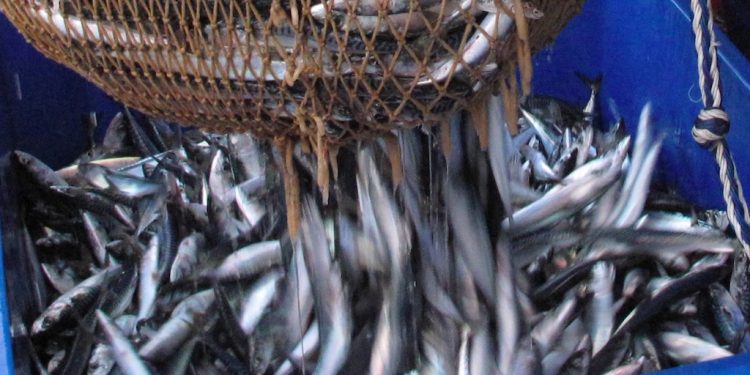The export values of Norwegian seafood totalled NoK 13 billion in July this year, despite falling sales of cod but with record prices for herring and strong mackerel sales.
‘The reason behind the increase in export value for July is a weakened Norwegian krone against both the euro and the dollar. We see that a sharp decline in salmon prices was compensated by volume growth, and in the end, it is the currency effect that adds value,’ said Christian Chramer, CEO of the Norwegian Seafood Council.
‘In a quieter period with relatively low volumes for the remaining major species exported, July broke records for herring and mackerel.’
The UK was the region that returned the greatest growth in value, with an increase in export value of NoK 381 million, or 64%, compared with the same month last year. The export volume to the UK came to at 19,092 tonnes, which is 117% higher than the same month in 2023.
‘So far this year, total exports to the UK have grown by 8% in value terms in Norwegian kroner and by 12% in volume terms. Apart from a positive trend for salmon and trout, the other growth is mainly due to exports of fishmeal and fish oil,’ explained Victoria Braathen, the Norwegian Seafood Council’s director in the UK.
‘Frozen whole cod has an overall volume growth of 3% and continues to take a larger share of Norwegian exports. The UK is a significant market for Norwegian haddock. It is positive to see a clear increase for both frozen and fresh whole haddock to the market in July.’
Last month Norwegian producers exported 10,734 tonnes of herring worth NoK 211, 19% up on the same month last year despite a 2% drop in volume, and 9260 tonnes of mackerel worth NoK 220. This represents a 50% increase over July last year and a 39% increase in volume, with Egypt, the Netherlands and Vietnam as the largest markets for Norwegian mackerel over last month.
‘Demand for Norwegian summer mackerel is reported to be good, partly as a result of Iceland and the Faroe Islands starting their mackerel fishery later than usual, and the Icelandic fishery is well behind last year,’ said Jan Eirik Johnsen, the Norwegian Seafood Council’s manager for pelagic species.
‘Egypt in particular demands summer mackerel, which is less fatty than autumn mackerel, which mainly goes to Asia. The Egyptians want a less fatty mackerel, as most of the mackerel is smoked.’









